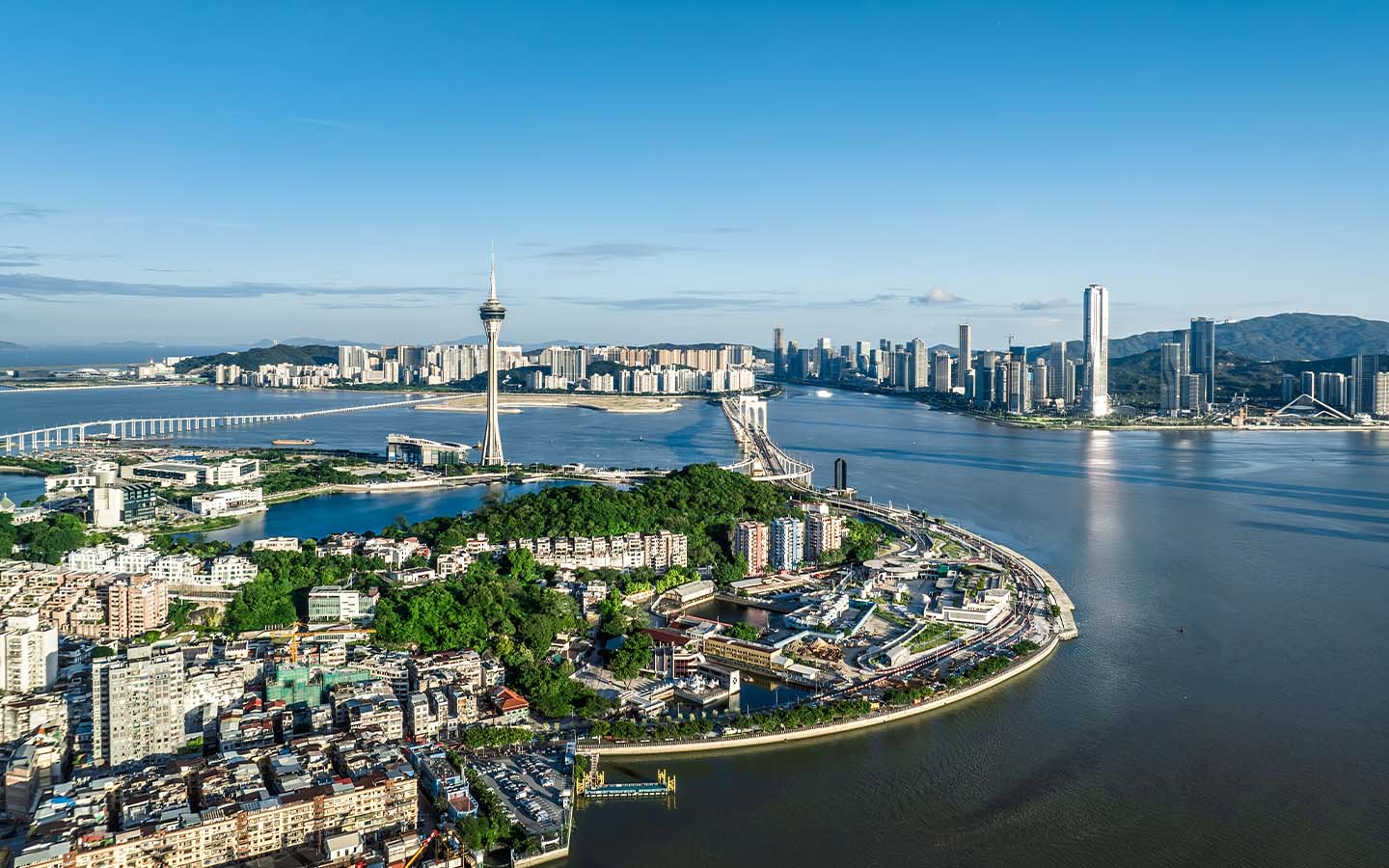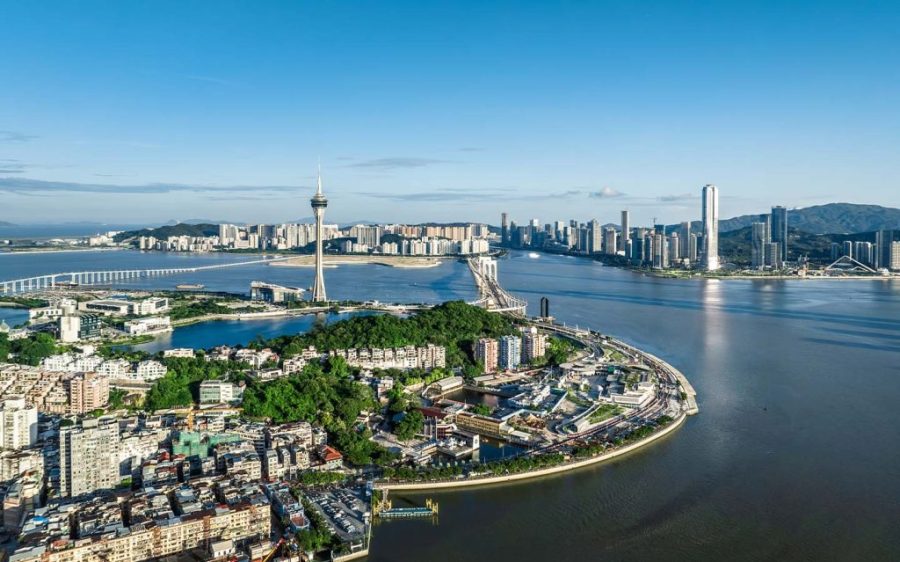Beijing is exploring the creation of a free trade zone linking the mainland with Macao and Hong Kong, Vice Commerce Minister Yan Dong announced in Hong Kong on Wednesday. The move could boost the two SARs’ international trade appeal while advancing China’s Belt and Road Initiative (BRI), RTHK reports.
Addressing a BRI summit, Yan highlighted that China’s trade with participating countries exceeded US$3.1 trillion last year, accounting for more than half of its total foreign trade. He also noted that agreements with over 50 of these countries cover areas from digital trade to clean energy – including infrastructure projects designed to support the global low-carbon transition.
“We’ll further expand the opening up of the mainland to Hong Kong in areas such as finance, telecommunications, construction and tourism, align with international high-standard economic and trade rules, and study and promote the joint building of a free trade zone between the mainland, Hong Kong and Macao,” he said.
[See more: Guangdong sees trade rise during the year’s first six months]
Yan added that Beijing would back Hong Kong in signing more trade and investment agreements with overseas economies and in joining the Regional Comprehensive Economic Partnership (RCEP), the world’s largest trading bloc, “as soon as possible.” He also stressed China’s goal of completing an upgraded free trade agreement with ASEAN by the end of this year that will create new land and sea corridors for trade.
Other senior officials at the summit underlined the importance of Hong Kong’s role in the BRI. Xiao Weiming, deputy secretary general of the National Development and Reform Commission, said Macao’s neighbouring SAR acted as a key channel for global capital into the mainland and for Chinese firms seeking overseas growth. He pledged support for enterprises from Hong Kong and the mainland to expand into Southeast Asia, the Middle East and Central Asia.
Li Zhen, vice chairman of the State-owned Assets Supervision and Administration Commission, added that state-owned enterprises were already working closely with Hong Kong partners, providing financial backing for BRI projects. He said Beijing-backed companies were ready to deepen cooperation across sectors while leveraging Hong Kong’s strengths in finance, legal services and international mediation.






